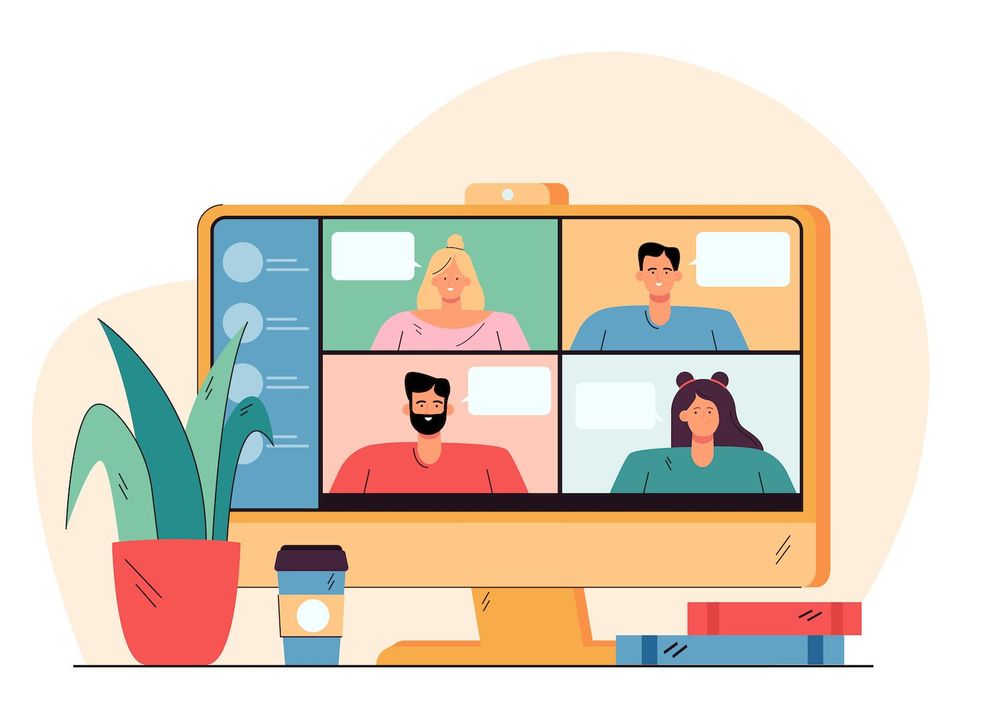CCPA: All About the California Consumer Privacy Act -
For the start of the new year and begin with, the beginning of the year was made public in December that it was announced that the California Consumer Privacy Act (CCPA) officially went into force on January 1st in 2020. The landmark state-wide privacy law was passed unanimously and signed into law during August of this year's summer, and businesses are already trying to comply with the regulations by the compliance deadline of July 1st, 2020.
Are you equipped with the necessary instruments to become CCPA in compliance? Continue reading to find out more about the CCPA, the requirements, and the steps you must take to be compliant, regardless of where your business is located.
What exactly is the CCPA?
The CCPA grants Californians the right to:
- Learn what data about you is being stored, used to share or sell information and sold, in the different types and categories regarding your personal details.
- The destruction of personal information is the responsibility of businesses and, in turn, of a business's service provider.
- You have the option of opting out of selling your personal information. Customers can direct the company selling personal information to stop selling their information.
- Children younger than 16 must provide opt-in consent in conjunction with a parent guardian consenting for children younger than 13.
- Non-discrimination in pricing or the provision of services in the event that a client exercise privacy rights under CCPA.
Who will the CCPA have an effect on?
Are you an owner of an online retailer? Pay your attention. If you're thinking that the CCPA isn't applicable to you due to being based in California Pay even more attention.
The CCPA applies to non-profit organization, or have control over any information concerning an California resident and you fulfill all the requirements listed below:
- Do your annual gross earnings exceeding $25 million
- Buy, get or sell information about personal details of more than 50,000 consumers houses, people, or devices
- Derive at least 50 percent of your income per year from the sale of the private information of the consumers
- Control personal information of four million or more consumers This will mean more needs.
What constitutes "personal information" in the context of the CCPA?
Good question! If you're wondering if your personal data has changed since the CCPA It has.
The CCPA extends its definition of "personal personal information" to encompass any information in which it "identifies or is related to the subject, or has the potential of being linked with or is likely to be linked, in any way, to any particular person or family member."
This expands the definition of personal information as defined by California Law to include IP address, browsing history in addition to information on internet searches such as details about location, employment data, educational information and more. The CCPA adds that "inferences are drawn" from the personal data are used to "create an image of consumers that reflect their preference, characteristics, psychological tendencies, interests or predispositions attitudes to intelligence, capabilities and abilities" are considered to be private information as well.
What do you need to do in order to make sure that you're CCPA on the right track?
Is your data a mess? You need to make it right. If you're looking to attain CCPA conforming, you need to know where to find and supply details about California residents on demand. Are you working with third-party processors e.g. websites that sell products online? Do you understand how they process your customers' data? You should find out. Because GDPR is a CCPA, and the CCPA is so akin to GDPR (although there are some key difference) is it a wise recommendation to recall any resources or processes that you employed to make your GDPR compliance.
Another aspect in the CCPA is that it increases the minimum age at which you can opt in to the collecting of data. Before it was the Child's Online Privacy Protection Act demanded consent from a parent or legal guardian for the collection of information about children under the age of 13. The CCPA elevates the requirement to. Users under the age of 16 have to sign up. But, users between the ages between 13 and 16 have the option to sign their own permission instead of requiring the parent's consent.
If you're concerned that your business won't be able to meet the standards in the time that you're required to, you're not alone. The majority of companies anticipate that they will be in compliance by the time they reach the date. Good news? As the law goes into effective in January, the enforcement won't be in place for another six months. So you still have time to be prepared.
How does the CCPA affect business in the future?
There's still a lot of unanswered concerns regarding this aspect. It's also possible to affirm that, while California is the very first state to implement a similar measure to GDPR, it's not the final one. It's the fifth-largest economy in the world and also where California is leading, other states often follow.
If your business isn't currently legally required to manage customer information and to make it accessible to customers upon request, there's great chance it will be soon. Are you managing your data well enough? Do you have any information about the third parties that are able to access your information? It's moment to conduct some study. Begin data mapping today to make sure you don't get stuck in a jam at a later date.

Geneva Ives Geneva Ives is a marketing writer for leading tech and travel firms. She is committed to making online experiences better with the aim to bring the internet better for everyone, users, brands, even search robots! If Geneva isn't talking about SEO, CTAs, and UX you'll find her eating some bites from Santa Barbara.
This post was first seen on here
